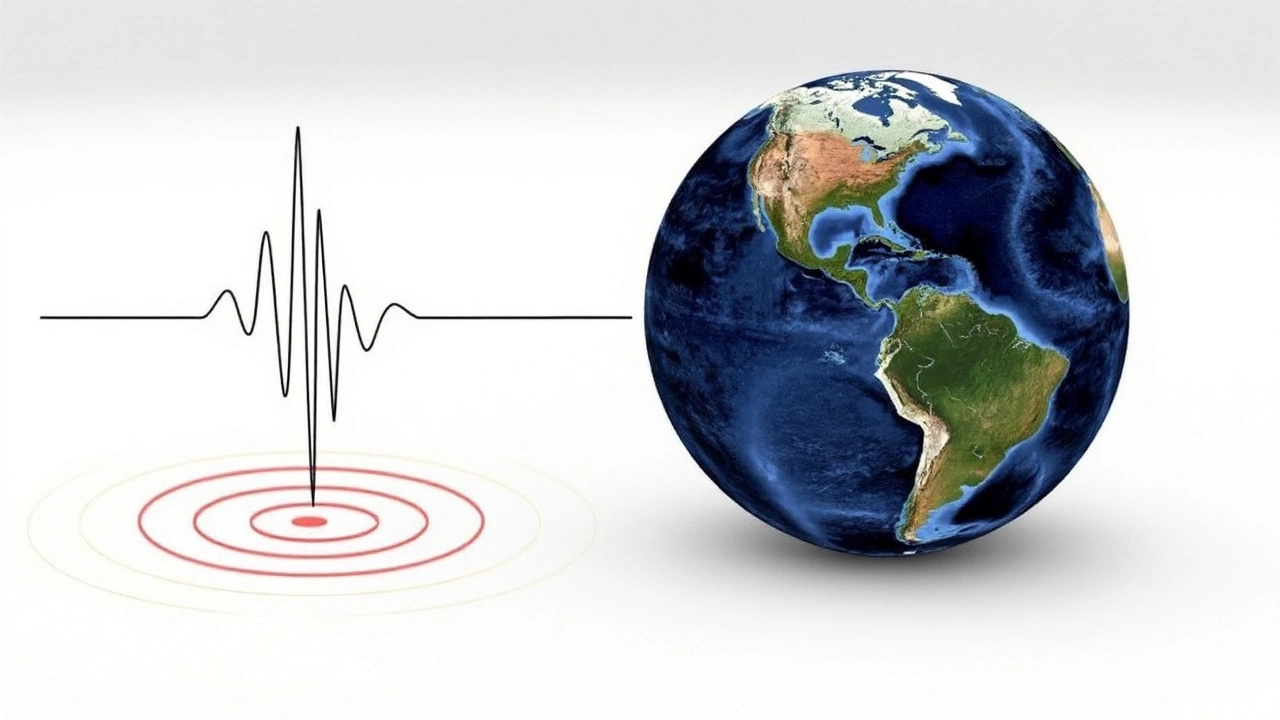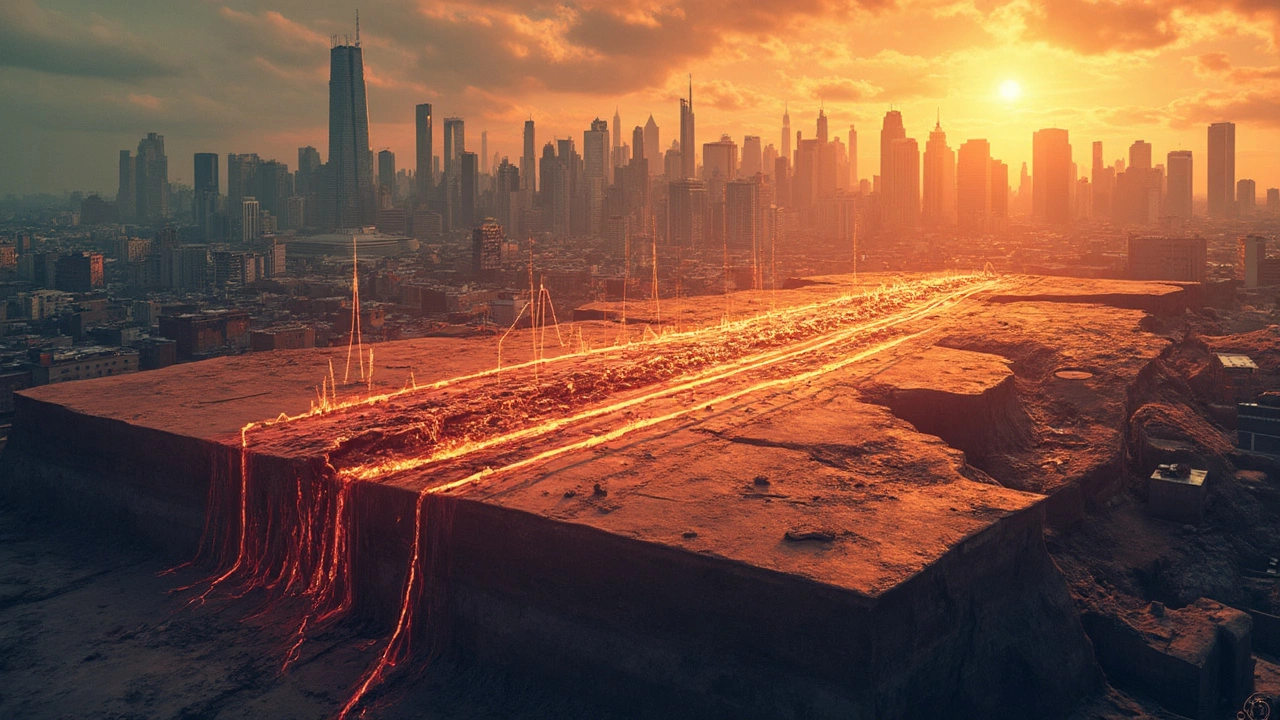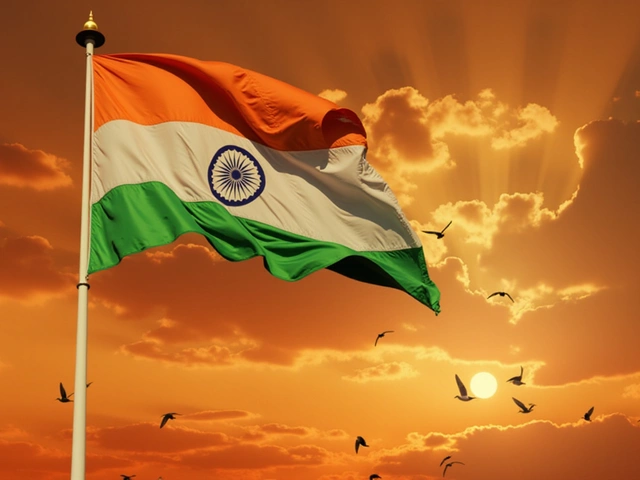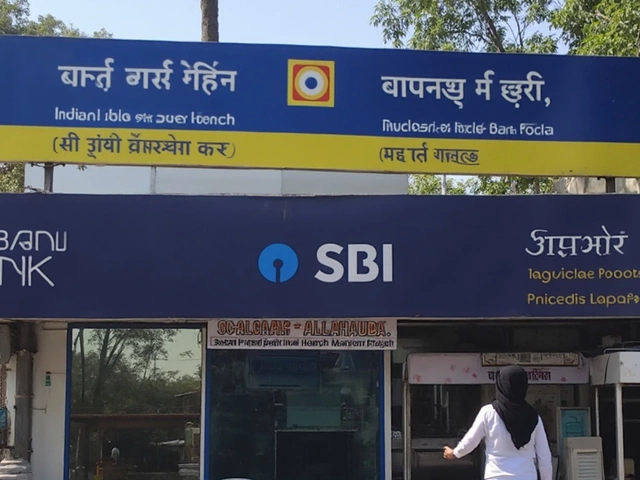Delhi Earthquake: Essential Info and Safety Tips
If you live in Delhi or travel there often, you’ve probably felt a few shakes over the years. While most tremors are mild, the city sits on a fault line that can produce stronger quakes. Knowing what to do before, during, and after an earthquake can make a huge difference.
Recent Tremors in Delhi
In the past month, Delhi recorded three noticeable tremors that lasted a few seconds each. The strongest registered a magnitude of 3.2 on the Richter scale, enough to rattle windows and make people stop in their tracks. The Indian Meteorological Department (IMD) issued a brief alert, reminding citizens to stay calm and follow safety guidelines.
These minor quakes are a reminder that the region is not immune to seismic activity. Experts say that even a moderate quake (around magnitude 5) could cause damage to older buildings, especially those built before modern building codes were enforced. Keeping an eye on IMD updates and the national seismic monitoring website helps you stay informed.
How to Prepare and React
Preparation starts at home. Keep a small emergency kit with water, non‑perishable food, a flashlight, extra batteries, a whistle, and any essential medication. Store it in an easy‑to‑reach spot, not under heavy furniture.
Secure heavy items that could fall during shaking. Attach shelves to walls, use safety straps for large TVs, and place heavy objects on lower shelves. If you rent, ask your landlord about retrofitting measures such as bolting the building frame to the foundation.
When the shaking begins, remember the “Drop, Cover, and Hold On” rule: drop to your hands‑and‑knees, cover your head with your arms and get under a sturdy table or desk, and hold on until the shaking stops. Stay away from windows, glass doors, and exterior walls.
After the shaking, check yourself and others for injuries. If you’re inside, leave the building using stairs—not elevators—and watch out for falling debris. If you’re outside, stay away from power lines, collapsed structures, and any downed gas pipes.
Once you’re safe, tune into local radio or the IMD’s official channels for information about aftershocks and relief measures. Many neighborhoods have community groups that share updates on social media; joining one can give you quicker alerts.
Finally, know the emergency contacts: dial 112 for immediate assistance, and keep the numbers of nearby hospitals and your insurance provider handy. A quick call can speed up medical help and insurance claims.
Staying prepared doesn’t mean you’ll never feel scared, but it does give you a clear plan to follow. A few minutes spent organizing your kit and securing your home can save you a lot of stress when an earthquake hits.
Remember, Delhi’s seismic risk is real, but with the right knowledge and simple steps, you can protect yourself and your loved ones. Keep these tips on hand, stay alert to official warnings, and you’ll be ready for whatever the ground throws your way.
Delhi Earthquake: Fact-Checking Viral Claims About Road Cracks
Recent earthquakes felt in Delhi, including tremors from Afghanistan and a local quake, caused concern but no serious damage. Viral online claims of major road cracks in Delhi have not been supported by official reports or credible evidence.
Delhi Earthquake: Understanding the Intensely Felt Shaking of a 4.0 Magnitude Quake
On February 17, 2025, Delhi experienced intense shaking from a 4.0-magnitude earthquake due to its epicenter's location within the city, shallow depth, and geological factors. Despite moderate magnitude, the quake significantly affected high-rise buildings, prompting evacuations. Residents were urged to be cautious about possible aftershocks, given Delhi's position in Seismic Zone IV.






